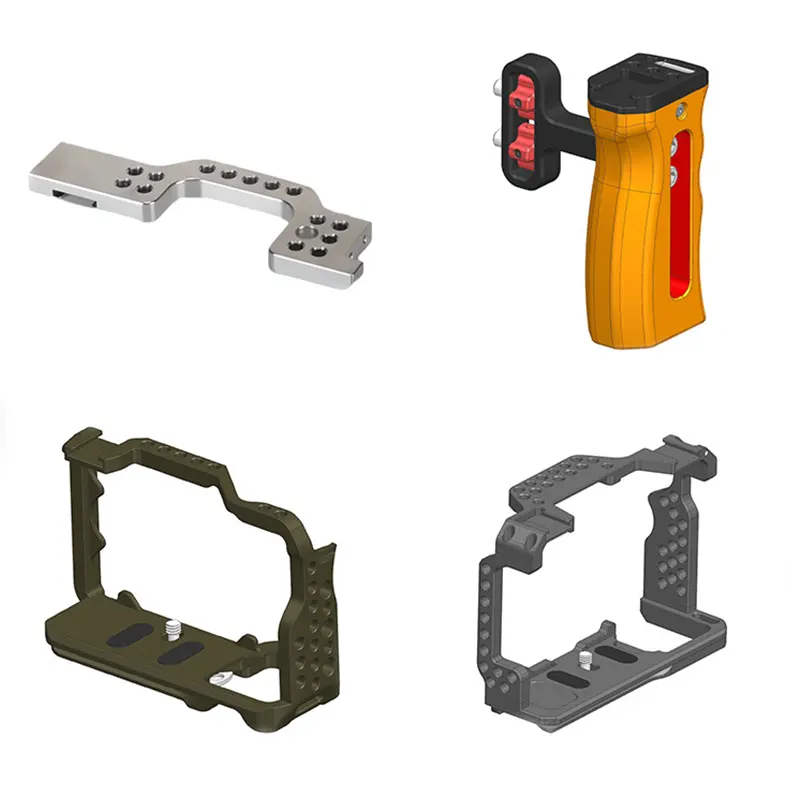

Time:2025-06-16 Views:1

Artificial intelligence (AI) is increasingly being integrated into CNC machining systems, bringing about significant improvements in machining efficiency, accuracy, and flexibility. AI-assisted CNC machining systems combine the power of AI algorithms with the precision of CNC technology to create intelligent manufacturing solutions.
One of the key applications of AI in CNC machining is process optimization. AI algorithms can analyze a large amount of machining data, including cutting parameters, material properties, and tool performance, to find the optimal machining conditions. For example, by using machine learning algorithms, the system can learn from historical machining data and predict the best cutting speed, feed rate, and depth of cut for a specific material and machining task. This optimization not only improves machining efficiency but also extends the tool life and reduces the cost of production. Additionally, AI can be used to adjust the machining parameters in real-time during the machining process. If changes in the material properties or unexpected disturbances are detected, the AI system can automatically modify the cutting parameters to ensure the quality of the machined parts.
AI also plays a crucial role in quality control. Computer vision and deep learning algorithms can be used to inspect the machined parts in real-time. By comparing the actual part with the digital model, the system can detect defects, such as surface roughness, dimensional errors, and shape deviations, with high accuracy. This enables immediate feedback and correction during the machining process, reducing the number of defective parts and improving overall product quality. Moreover, AI can be used to analyze the root causes of quality problems, helping manufacturers to improve their machining processes and prevent similar issues in the future.
In terms of tool management, AI can predict tool wear and failure more accurately. By monitoring various parameters, such as cutting force, vibration, and temperature, the AI system can use predictive models to estimate the remaining life of the tool. This allows for timely tool replacement, preventing tool breakage and potential damage to the workpiece and the machine. AI can also assist in tool selection, recommending the most suitable tool for a specific machining task based on factors such as material type, machining geometry, and desired surface finish.
Furthermore, AI-assisted CNC machining systems can enhance the interaction between humans and machines. Natural language processing and voice recognition technologies enable operators to communicate with the CNC machine more intuitively. For example, operators can issue commands or ask for information using simple voice instructions, making the operation process more user-friendly. As AI technology continues to advance, AI-assisted CNC machining systems will become more intelligent and autonomous, driving the manufacturing industry towards a new era of smart manufacturing.
Read recommendations:
Metal Hand Grip L Bracket for Nikon Z f Camera Zf Handgrip Holder with Built-in Quick Release Plate